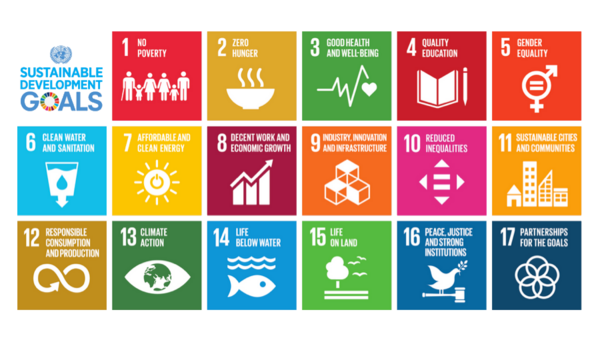"The United Nations is the most important international association in human history and currently the only chance to actually achieve world peace," says Thiemo Fojkar. 75 years ago today in San Francisco, representatives of the founding states signed the Charter of the United Nations. In Europe, the Second World War had already ended at that time, in the Pacific it was still raging, right up to the dropping of the two atomic bombs on Japan.
75 years later, the world organisation is facing great challenges. Numerous achievements of the world community are currently being called into question by powerful actors. But the basic idea of the United Nations, to stand together for peace, remains as relevant as it was 75 years ago.
"The Future We Want, the United Nations We Need" is the motto of the United Nations campaign in its 75th year of existence. This is a clear commitment of the international community to this peace project. Only if the states tackle the challenges of this earth together can they be solved. All too often, however, nation-state action regains the upper hand and national egoisms prevent joint problem-solving. The consequences are wars and the increasing destruction of the environment in order to extract raw materials and make profits at the expense of the community. Added to this are ethnic conflicts that lead to flight and expulsion. The list of offences and crimes against nature and people is long. If the countries of the world continue in this way, in the medium and long term they will destroy the habitat that it actually needs to survive. We are now consuming the resources of two earths. Climate change shows: The Earth is burning!
"The demonstrations by young people in the months before the current pandemic gave many people food for thought and were an important reminder that we must act sustainably," says Thiemo Fojkar. "The Corona crisis has also made us realize how fragile our world is." This is why the IB also promotes the implementation of the 17 goals for sustainable development of the United Nations and joint action to achieve these goals within the framework of the UN Agenda 2030. National and selfish action by individual countries endangers the survival of humanity on this planet and must be outlawed, demands the IB Chairman.
"The United Nations is currently more important than ever! Let us work on the community of states in the interest of world peace. It is worth it and it is worth it for everyone. Let's not give despots on this earth a chance to realize their ideas," said Fojkar.

